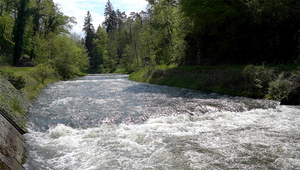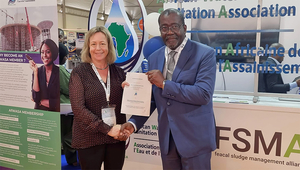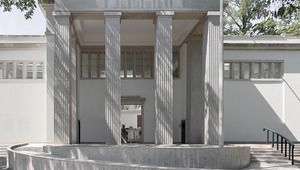Archive News
October 23, 2025
October 2, 2025
October 1, 2025
September 18, 2025
September 12, 2025
September 5, 2025
September 4, 2025











